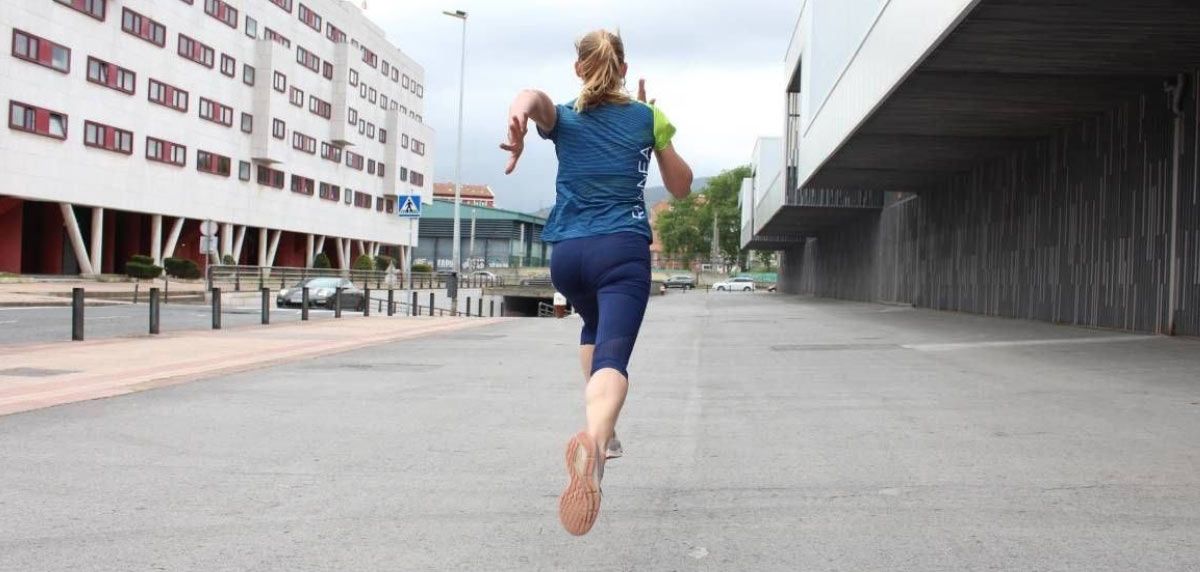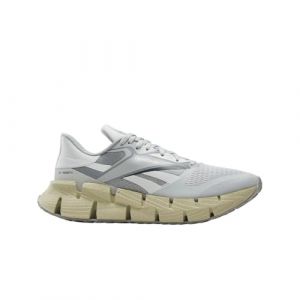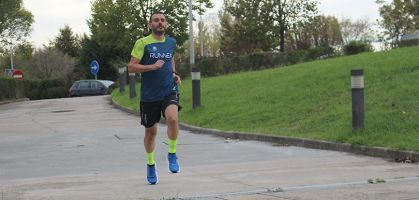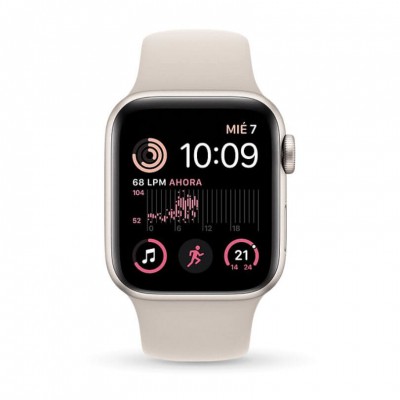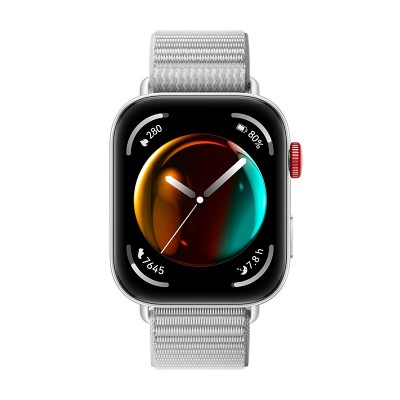Fighting against depression, science is discovering a powerful and accessible ally: physical exercise. There are multiple scientific investigations that suggest that exercise, and in particular running, can be an effective treatment for depression, even surpassing antidepressants in some cases.
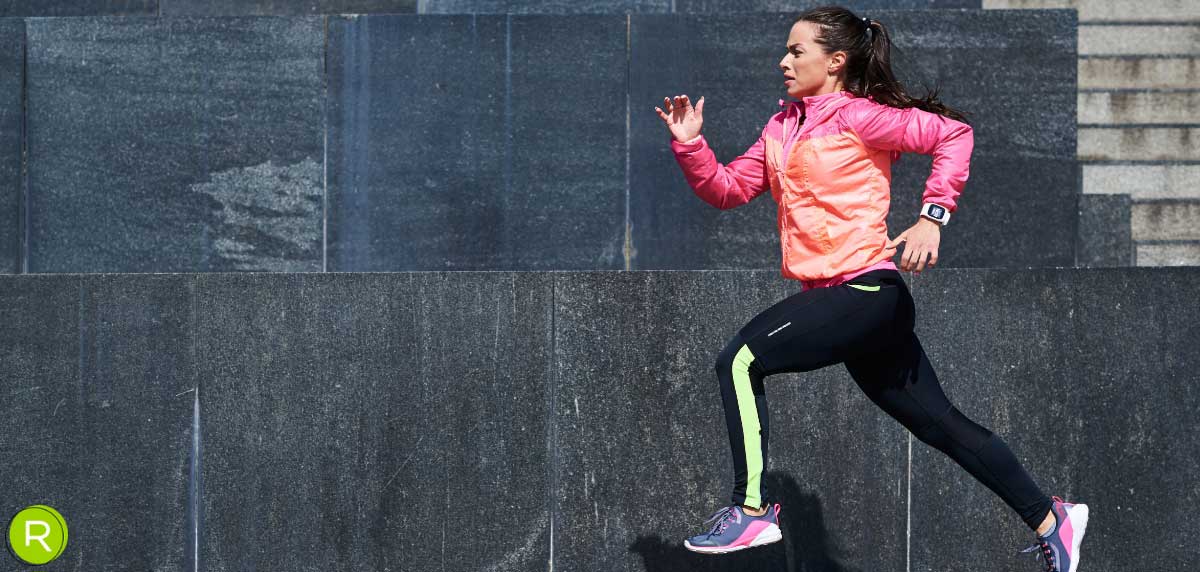
Physical exercise has a significant impact on our mental well-being. According to a study published in the journal "The Lancet Psychiatry" (1), people who exercise regularly have 432 fewer days of poor mental health per month than those who do not exercise. This includes a variety of activities, from running and cycling to doing day-to-day household chores.
Running, in particular, has shown to have significant mental health benefits. A study from the Harvard T.H. Chan School of Public Health2) found that running for 15 minutes a day or walking for an hour reduces the risk of major depression by 26%.
Not sure which running shoe to choose?
In a few simple steps we help you to choose the ideal running shoe for you
Go to the Shoe FinderTOP RUNNING SHOES
Best selling running shoesEndorphins, the "happiness hormones".
In addition, physical exercise helps to release endorphins, often referred to as the "happiness hormones". These natural hormones in the body act as natural painkillers, improving the ability to sleep, which is often impaired in people with depression.
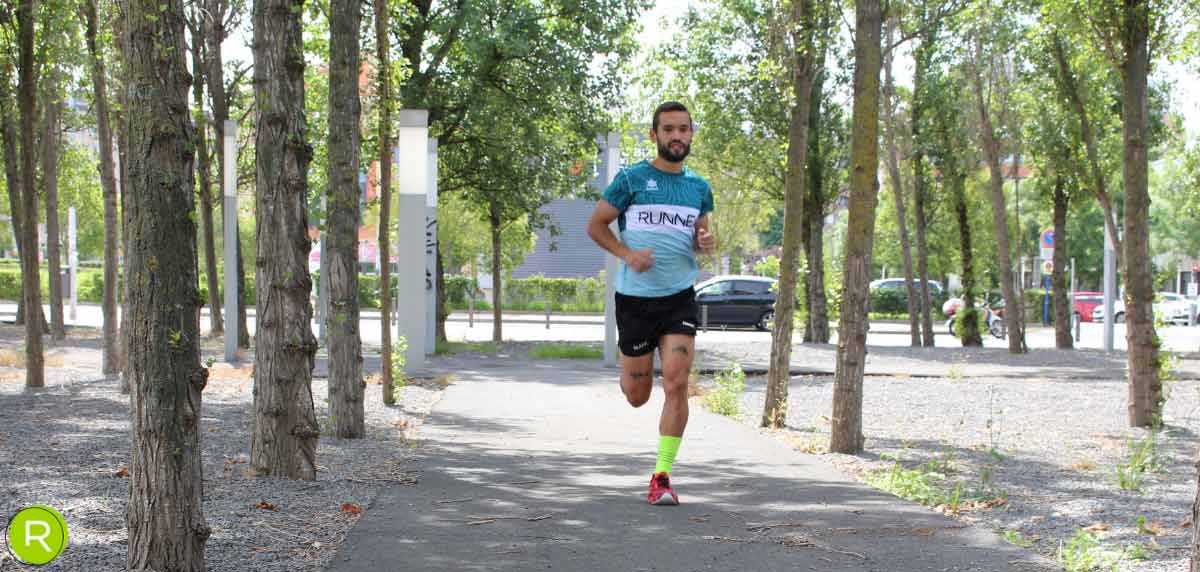
Exercise can also help to:
- Reduce levels of the body's stress hormones, such as adrenaline and cortisol.
- Stimulate production of the protein BDNF (brain-derived neurotrophic factor), which helps brain cells grow and survive.
- Improve learning and reduce inflammation in the brain, which has been linked to depression, according to a study published in the journal Nature Mental Health (3).
Although exercise is not a cure-all and should not be a substitute for professional medical treatment in cases of severe depression, it can be a valuable tool in managing the symptoms of depression. It is always advisable to speak with a health care professional before beginning any new exercise regimen.
And if you want to start without any help, here's a basic routine to clear your mind:
- Warm-up: Start with a 5 warm-up of brisk walking or light jogging to prepare your body for exercise.
- Run at a comfortable pace: Run at a pace that allows you to carry on a conversation. This could be a light jog for some, or a faster pace for others. Do this for 20-30 minutes.
- Focus on your breathing: As you run, try to focus on your breathing, inhaling and exhaling evenly. This can help keep your mind focused and reduce negative or stressful thoughts.
- Cool down: Finish your run with 5 minutes of slow walking or gentle stretching to help your body recover.
- Post-run meditation: Consider ending your routine with a few minutes of meditation or relaxation to help your mind settle and reinforce the positive benefits of your run.
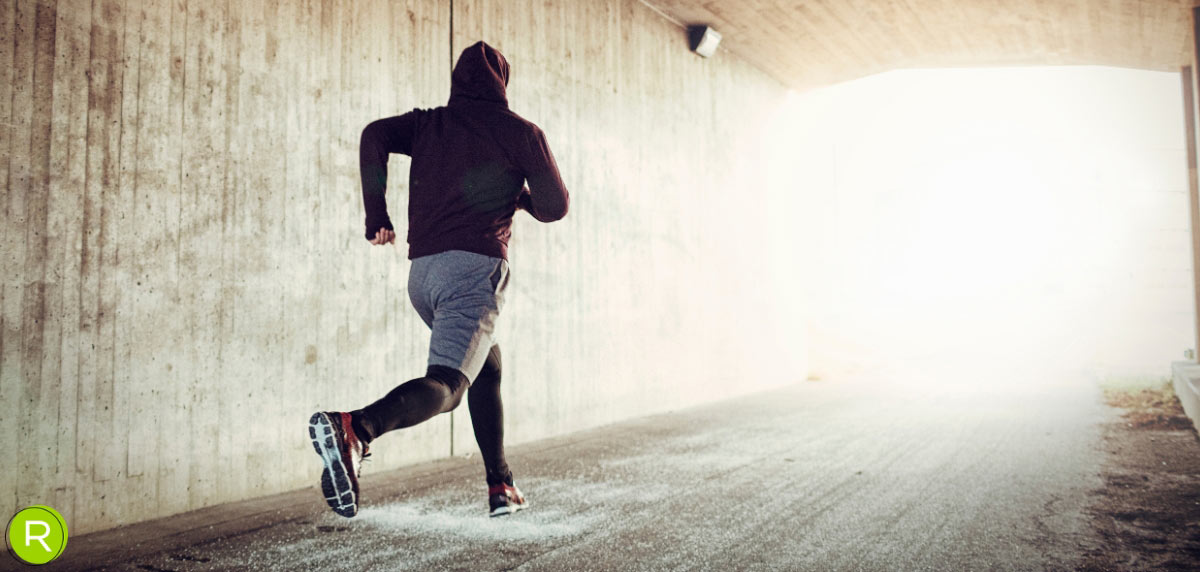
Running, the best therapy for your mind
In physical exercise, and running in particular, there is an effective and accessible strategy for improving mental health. The data speaks for itself: one in eight people worldwide live with a mental disorder, according to the World Health Organization.
What's more, in a geographical location such as Australia, one in five people between the ages of 16 and 85 have had some form of mental disorder in the past 12 months.
There are even top athletes who have suffered episodes of anxiety and depression. Some well-known cases have been those of Simone Biles, Michael Phelps, Noami Osaka, Ricky Rubio or Andrés Iniesta are some examples of this. In fact, the soccer player from Fuentealbilla, Andrés Iniesta (Albacete, May 1984), who will appear in the history of national soccer as the scorer of the goal that made the Spanish national soccer team world champion in South Africa 2010, has acknowledged in various interviews to the media that:
Little by little you feel that you are not you, that you do not enjoy things, that the people around you are as if they were one too many. You have no feelings, no passion
But Iniesta was not only able to "get out of the well", he traveled to the World Cup in South Africa, and became the great hero of the final.
In this regard, a study, published in the British Journal of Sports Medicine (4), shows that physical activity - such as running is 1.5 times more effective than counseling or major medications in controlling depression and improving mental health.
So the next time you're feeling overwhelmed, consider lacing up your running shoes. Your brain will thank you.
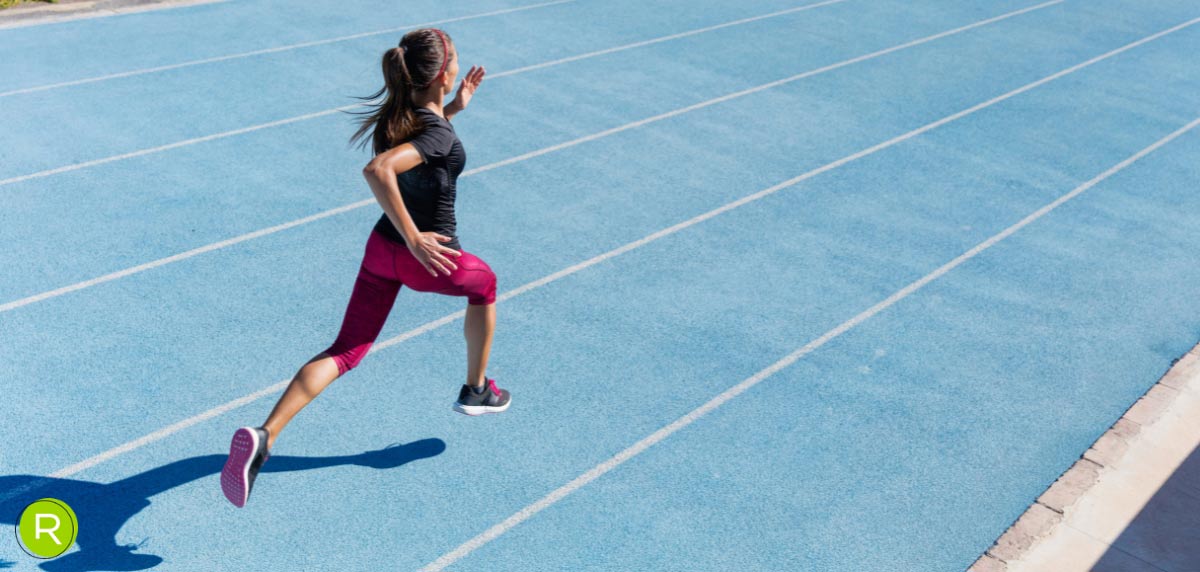
References
- Sammi R Chekroud, BA; Prof Ralitza Gueorguieva, PhD; Amanda B Zheutlin, PhD; Prof Martin Paulus MD; Prof Harlan M Krumholz MD SM; Prof John H Krystal, MD et al Association between physical exercise and mental health in2 million individuals in the USA between 2011 and 2015: a cross-sectional study. The Lancet Psychiatry 2018;VOLUME 5, P739-746.adfajddafja
- More evidence that exercise can boost mood (JAMA Psychiatry journal). Harvard T.H. Chan School of Public Health. May 1, 2019
- Seitz-Holland, J., Mulsant, B.H., Reynolds III, C.F. et al. Major depression, physical health and molecular senescence markers abnormalities. Nature Mental Health 1, 200(2023).dajdffldafjd
- Scully D, Kremer J, Meade MM, et al Physical exercise and psychological well being: a critical review. British Journal of Sports Medicine 1998;32:111-120.
Read more news about: Running Training
